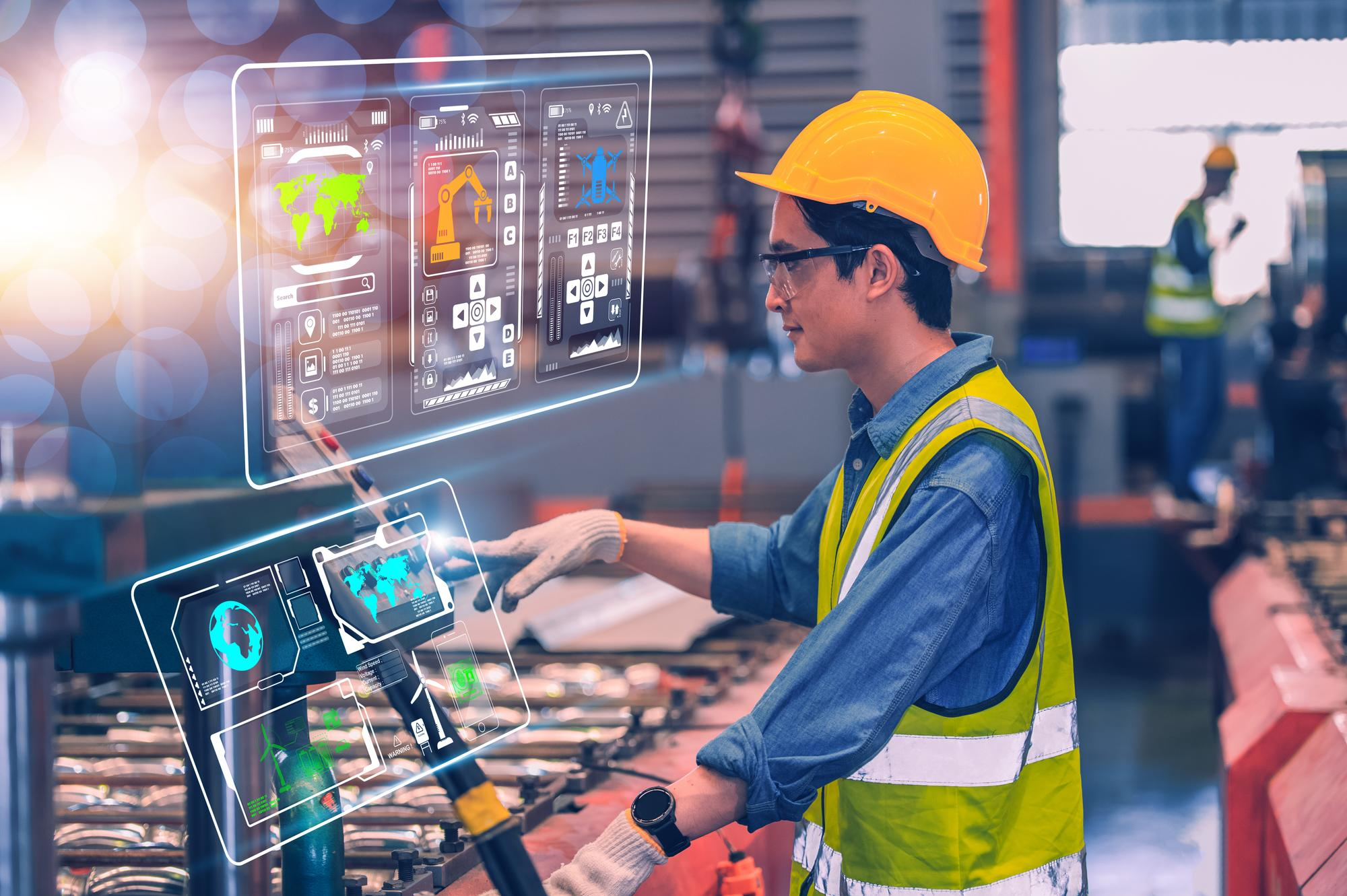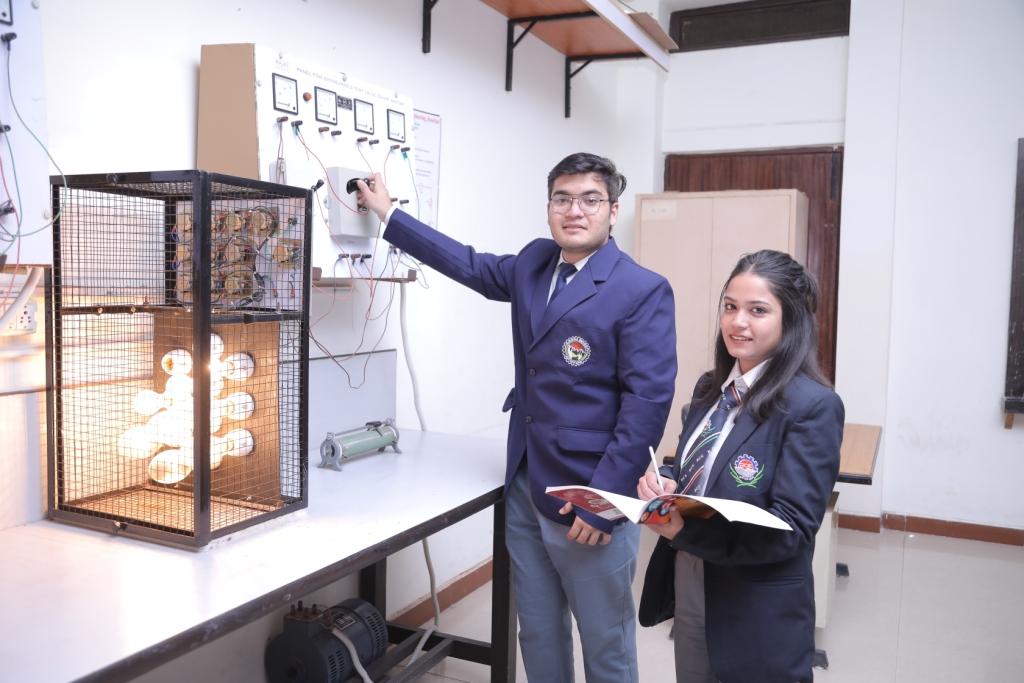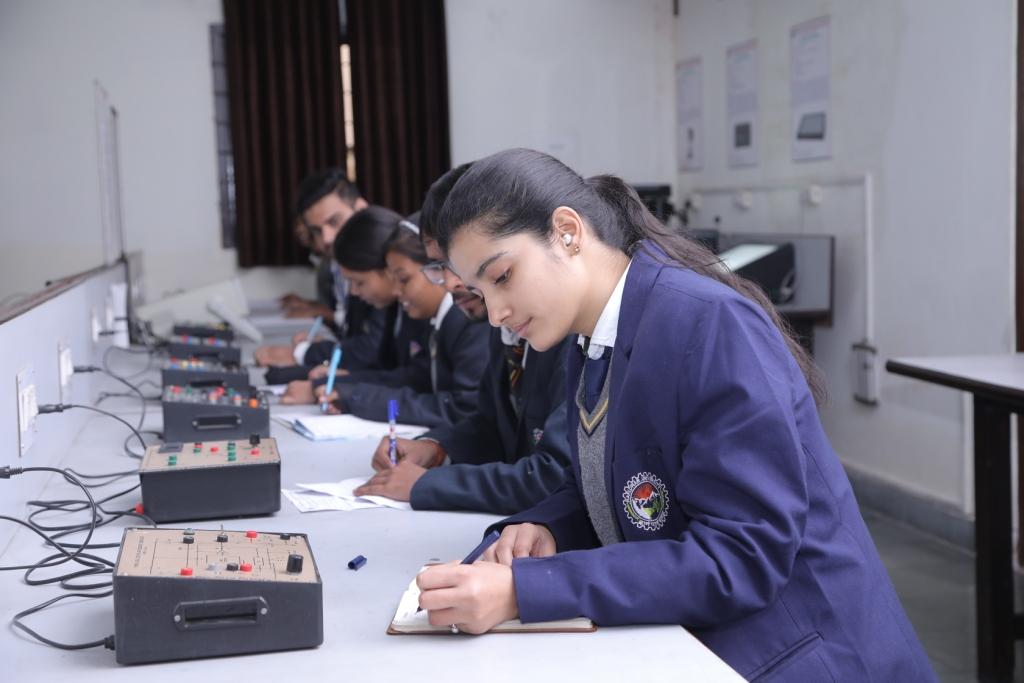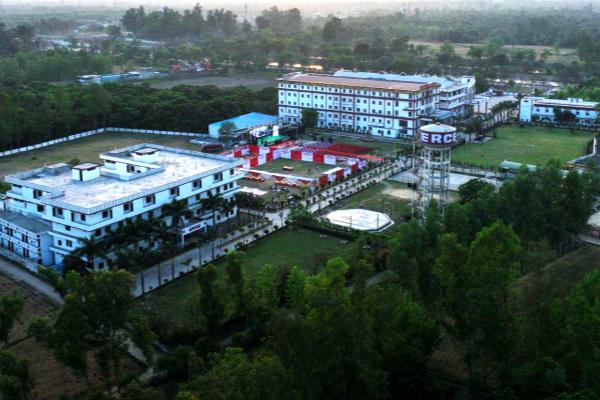
Admissions Open for 2026-2027
Roorkee College of Engineering
Shaping the future of engineering education with cutting-edge programs and world-class facilities.
About Roorkee College of Engineering
Established in 1998, Roorkee College of Engineering (RCE) has been at the forefront of technical education in India. Our mission is to provide quality education that prepares students for the challenges of the modern technological landscape.
With state-of-the-art laboratories, experienced faculty, and industry connections, we ensure that our students receive both theoretical knowledge and practical skills necessary for success in their careers.
RCE is known for its innovative teaching methodologies, research opportunities, and placement record. We take pride in our alumni who have made significant contributions to various industries globally.
Register Now
Engineering Programs
Roorkee College of Engineering offers comprehensive programs across core engineering disciplines including Civil, Electronics & Communication, Electrical & Electronics, and Mechanical Engineering. Our curriculum combines theoretical knowledge with practical skills, preparing students for successful careers in engineering and technology sectors.
Undergraduate Programs
- B.Tech Computer Science and Engineering
- B.Tech. Hons. (Civil Engineering)
- B.Tech. Hons. (Electronics & Communication)
- B.Tech. Hons. (Electrical & Electronics)
- B.Tech. Hons. (Mechanical Engineering)
- B.Tech. Hons. LE (Civil Engineering)
- B.Tech. Hons. LE (Electronics & Communication)
- B.Tech. Hons. LE (Electrical & Electronics)
- B.Tech. Hons. LE (Mechanical Engineering)
Diploma Courses
Doctoral Programmes
View Doctorate ProgramWhy Choose RCE?
Roorkee College of Engineering offers a unique learning experience that prepares students for successful careers in engineering and technology.
- State-of-the-art laboratories and workshops
- Experienced faculty with industry background
- Strong industry connections and placement support
- Research opportunities and innovation centers
- Modern infrastructure and digital learning resources
- Active student clubs and technical societies
Join us to be part of a vibrant academic community that values innovation, excellence, and ethical engineering practices.

Distinguished Faculty at Roorkee College of Engineering
Our full-time faculty is an amalgamation of distinguished visiting professors and industry experts from leading institutions around the world.
What Our Students Say?
Our alumni have gone on to work at prestigious companies across various industries. Here's what they have to say about their experience at Roorkee College of Engineering.
Our Infrastructure
We provide world-class infrastructure to support learning, research, and innovation.

Advanced Computing Labs
Our computing labs are equipped with the latest hardware and software to support cutting-edge research and learning.

Central Library
State-of-the-art electronics labs with modern equipment for practical learning and experimentation.

Electronics Labs
State-of-the-art electronics labs with modern equipment for practical learning and experimentation.
Modern Auditorium
A state-of-the-art auditorium with advanced audio-visual equipment for seminars, conferences, and cultural events.










